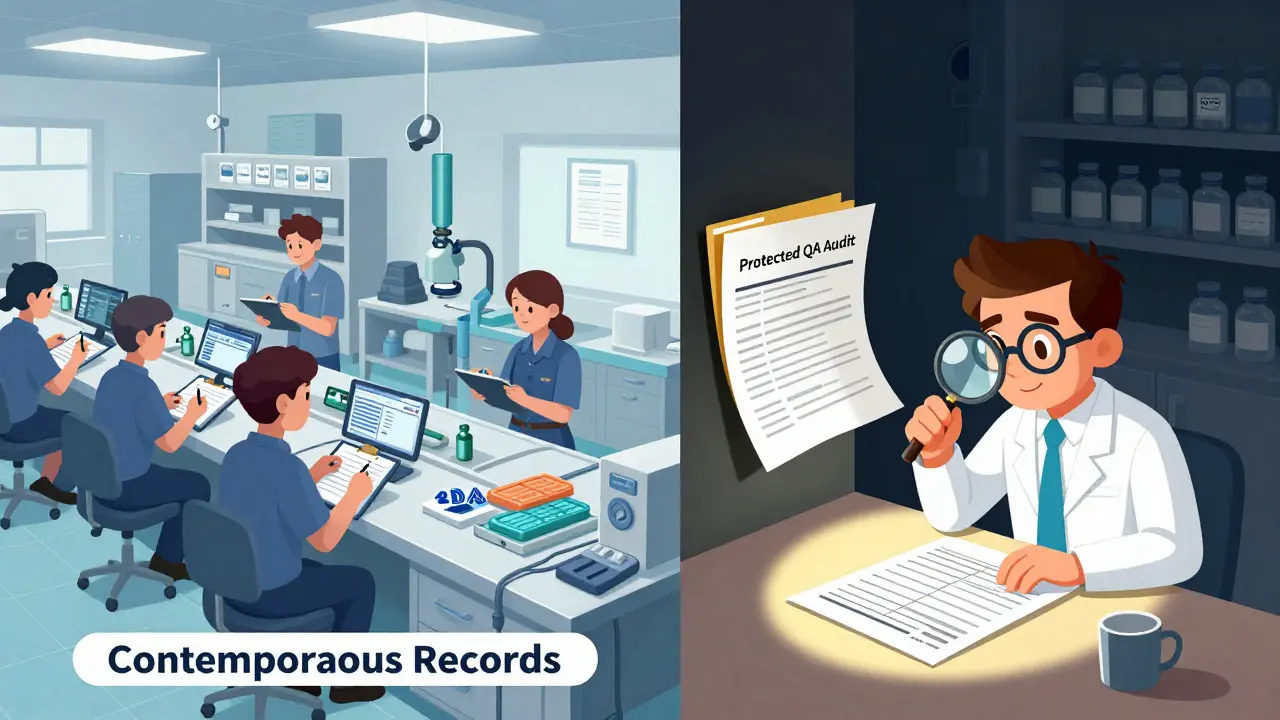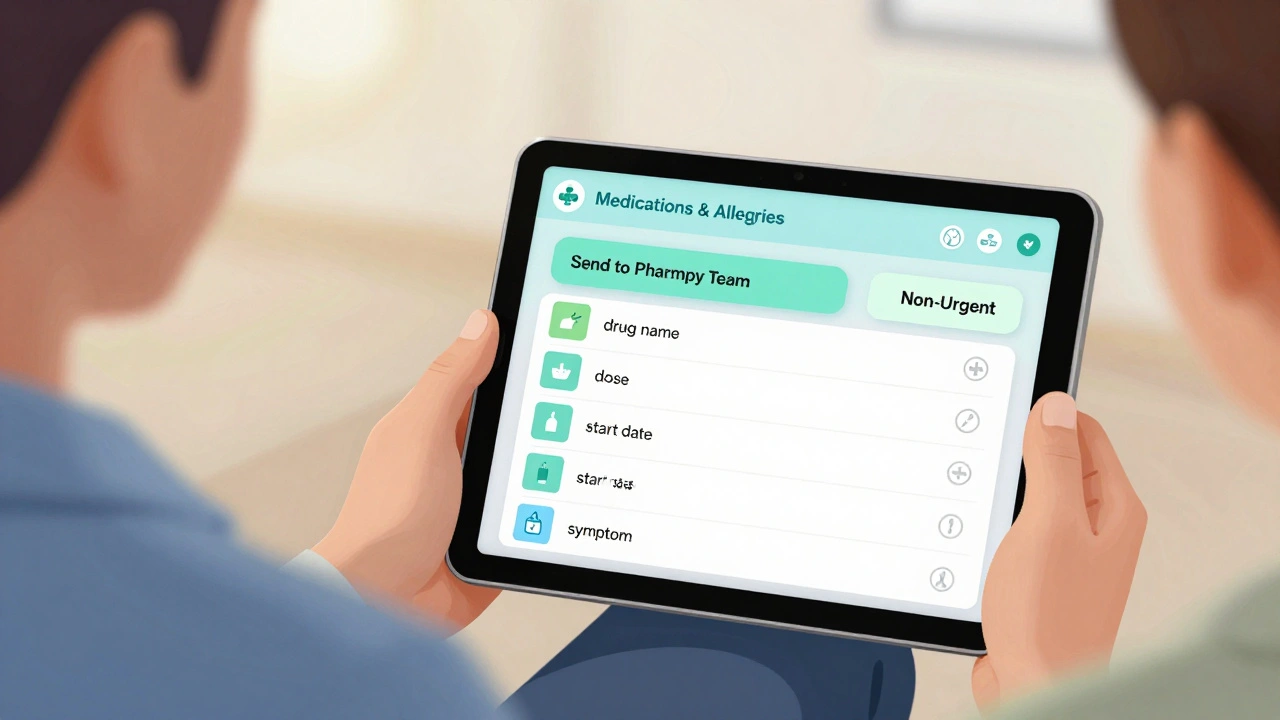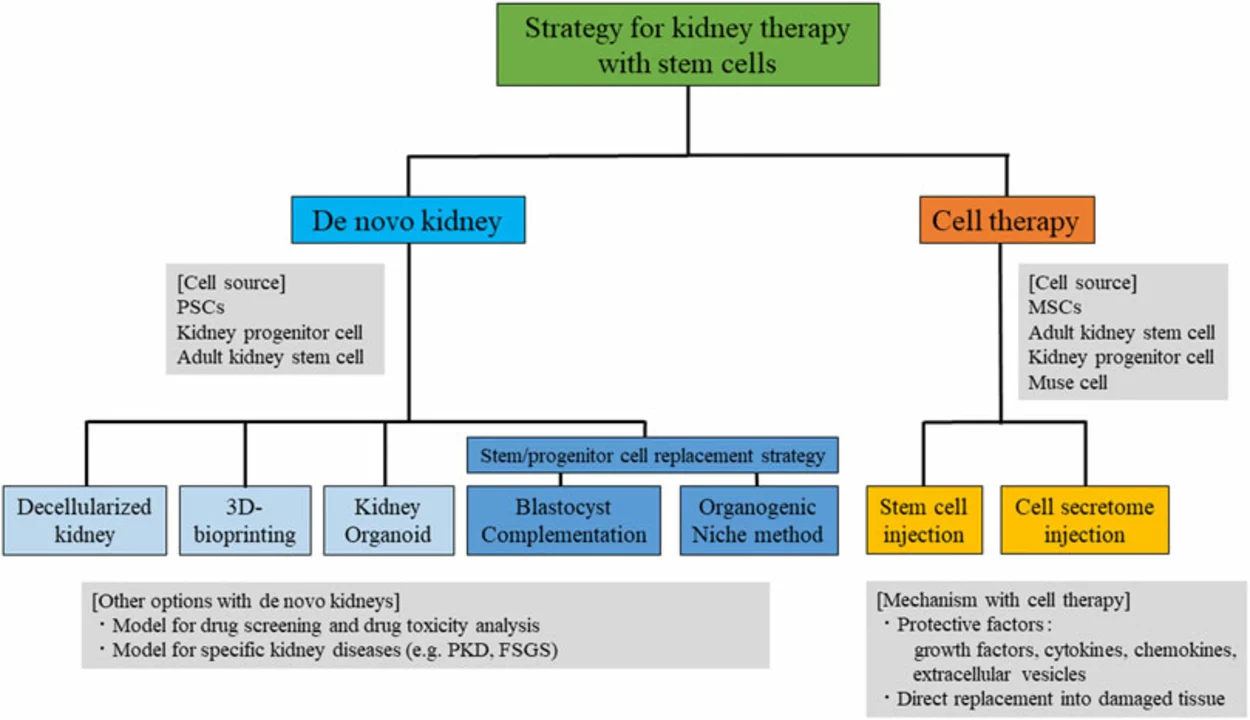Looking for clear, reliable health information? This page gathers trustworthy resources and practical tips so you can find answers fast. I highlight useful sites, explain how to compare information, and point to our posts about WebMD alternatives, renal failure insurance, and patient education for left ventricular failure.
Websites like Mayo Clinic, NHS, and NIH give evidence-based overviews and treatment options. Drug-focused sites such as FDA and Drugs.com list side effects and interactions. For quick symptom checks or community support, consider alternatives to WebMD that we review in detail — some offer expert Q&A, others host drug databases or patient forums. Use official sources for diagnosis confirmation and peer-reviewed articles for deeper reading.
Start with a clear question: symptom, medication name, or insurance issue. Cross-check any single claim across two reputable sites before you act. Save links or screenshots to show your clinician. For medication info, note dosage ranges, common side effects, and major interactions. For conditions like left ventricular failure, patient education improves daily care — track symptoms, know when to call your doctor, and follow medication schedules.
If you or a loved one face renal failure, insurance details matter. Learn which treatments your plan covers — dialysis, in-center or at home, and transplant workups. Our renal failure article breaks down Medicare, Medicaid, and private plan differences and lists nonprofit help for bills. Contact your insurer and patient advocacy groups early to avoid surprises.
Not all health sites are equal. Watch for sponsored articles, unclear authorship, or outdated dates. Prefer pages with references, clear author credentials, and recent updates. Forums can be helpful for shared experiences but are not medical advice. Bring any online findings to your healthcare team for context.
Keep records: print or save test results, medication lists, and insurance explanations. Use simple apps or a notebook to log symptoms, weight, blood pressure, and medication times. Small daily notes make clinic visits more productive and help clinicians adjust care faster.
Finally, use our posts for quick entry points: read the "Top WebMD Alternatives" piece to find better question tools; check the renal failure insurance guide when sorting coverage; and review patient education tips for managing left ventricular failure. Bookmark this page and return when you need a clear next step.
Practical tools I use: a pocket notebook for meds and symptoms, a simple spreadsheet for appointments and insurance phone numbers, and a screenshot folder for test results. Free apps like Medisafe help remind you to take pills; MyChart lets you message care teams and view lab results. If you need financial help, search local kidney foundations, transplant centers, and hospital social work services — they usually keep lists of grants and transportation aid. When reading medical articles, glance at the publication date, check author credentials, and look for linked studies. If anything online seems urgent or you feel worse, call your clinic or emergency services instead of relying on a forum. Save questions before each appointment.

Learn how to report adverse drug reactions to the FDA’s MedWatch system. Step-by-step guide for patients and providers on using Form 3500B, what to include, and why your report matters.

Understand how FDA inspection records work, what manufacturers must disclose, and why transparency matters for drug and device safety. Learn the rules, timelines, and real-world impact of FDA oversight.

Learn how to use secure messaging to ask medication questions safely and effectively. Get step-by-step guidance on using HIPAA-compliant portals like MyChart to clarify doses, report side effects, and request refills without risking your privacy.

Exploring the realm of online health information, this article provides an overview of nine reliable alternatives to WebMD. Each platform offers unique features, ranging from expert advice to extensive drug databases. Whether seeking comprehensive health news or specialized medical insights, these alternatives present a wealth of trustworthy resources for informed health decisions in 2024.

Renal failure can be a daunting diagnosis, and understanding insurance coverage and financial support options is crucial. In my latest blog post, I break down the different types of insurance plans, such as private, Medicare, and Medicaid, and how they can cover renal failure treatments, like dialysis or a kidney transplant. I also explore various financial assistance programs and non-profit organizations that offer support to alleviate the burden of medical expenses. By knowing your options, you can focus on getting the best care possible while managing the financial aspect of your health journey. Read on to empower yourself with this essential knowledge and take control of your renal health.

In today's blog post, I'd like to highlight the importance of patient education in managing left ventricular failure. Educating patients about their condition helps them to better understand the symptoms, treatment options, and lifestyle changes needed for effective management. Furthermore, informed patients are more likely to adhere to their medication and care plans, reducing the risk of complications and hospital readmissions. Ultimately, patient education plays a crucial role in empowering individuals to take control of their health, improving their overall quality of life. Let's all work together to raise awareness and support patients in their journey towards better heart health.